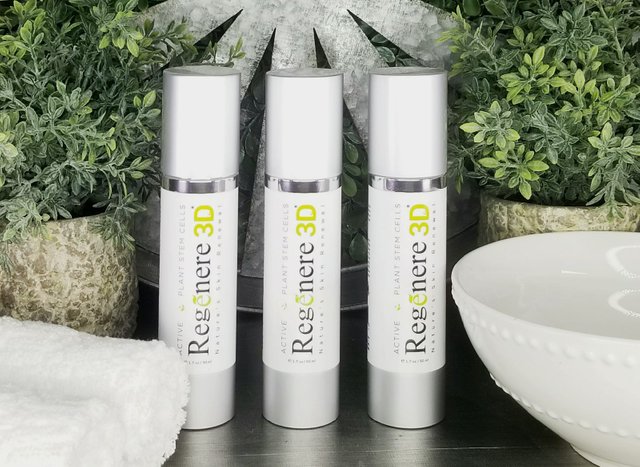OVERVIEW OF PLANT STEM CELLS IN COSMETICS
In the course of evolution, plants have developed the ability to produce an enormous number of secondary metabolites, which are not required in the primary processes of growth and development but are of vital importance for their interaction with the environment, for their reproductive strategy and for their defense mechanisms. They have a wide range of chemical structures and biological activities, and some tend to be strain specific.
Researchers know that extracts of green tea leaves have a host of health benefits. Green tea contains a large number of biochemically active compounds called phenolics that include flavonoids that have anti-cancer, anti-oxidant and anti-aging properties.
Plant secondary metabolites possess several biological activities such as anti-mutagenic, anti-carcinogenic, anti-aging, etc. Cell suspension culture is one of the most effective systems to produce secondary metabolites. It is possible to increase the phenolic compounds and tocopherols by using callus stem cell suspension cultures.
But could we get more—and more potent—flavonoids and other active biological ingredients by growing live cells in the NASA-derived bioreactor instead of just extracting dead leaves in alcohol? The answer is yes, especially because we made two other improvements. One was to pick a species of green tea, the Chinese mountain tea plant, which grows in a harsh high-altitude environment, and thus needs to make more potent chemicals to protect itself from insects, sunlight and pathogens. The second was to use a particular type of cell—so-called plant callus derived from somatic cells that undergo dedifferentiation to give rise to totipotent embryogenic cells. These are like stem cells in their ability to regenerate any part of the entire plant. The cells don’t just make the flavonoids, they also make growth factors and other proteins and hormones compounds that promote cell regeneration.

Other skin creams may contain green tea leaves extract, but what really distinguishes extract that is used in our #Regenere3D skin cream is the unique 3D environment for callus stem cell culture inside our RWV bioreactor. Moreover our callus stem cell extract contains unique combination of phytochemicals with additional biological moieties such as proteins with enzymatic and growth factor properties, as well as plant mRNA and regulatory plant microRNAs.
Of course, what consumers really want to know is whether #Regenere3D really works better than competing products. A more direct and relevant approach was to test the product on people in clinical trials. That’s the approach we’ve taken and the results exceeded our expectations. And so far the results have been even better than we had hoped, with wrinkles disappearing, spots fading, and skin becoming healthier and more youthful. www.regenere3dsales.com